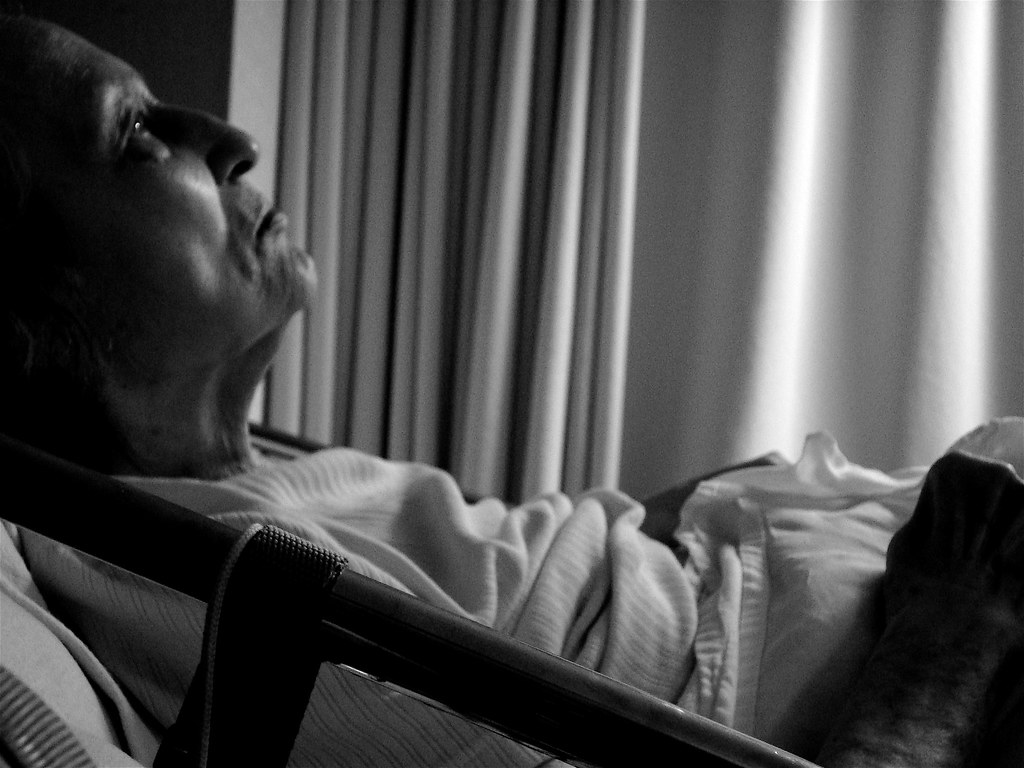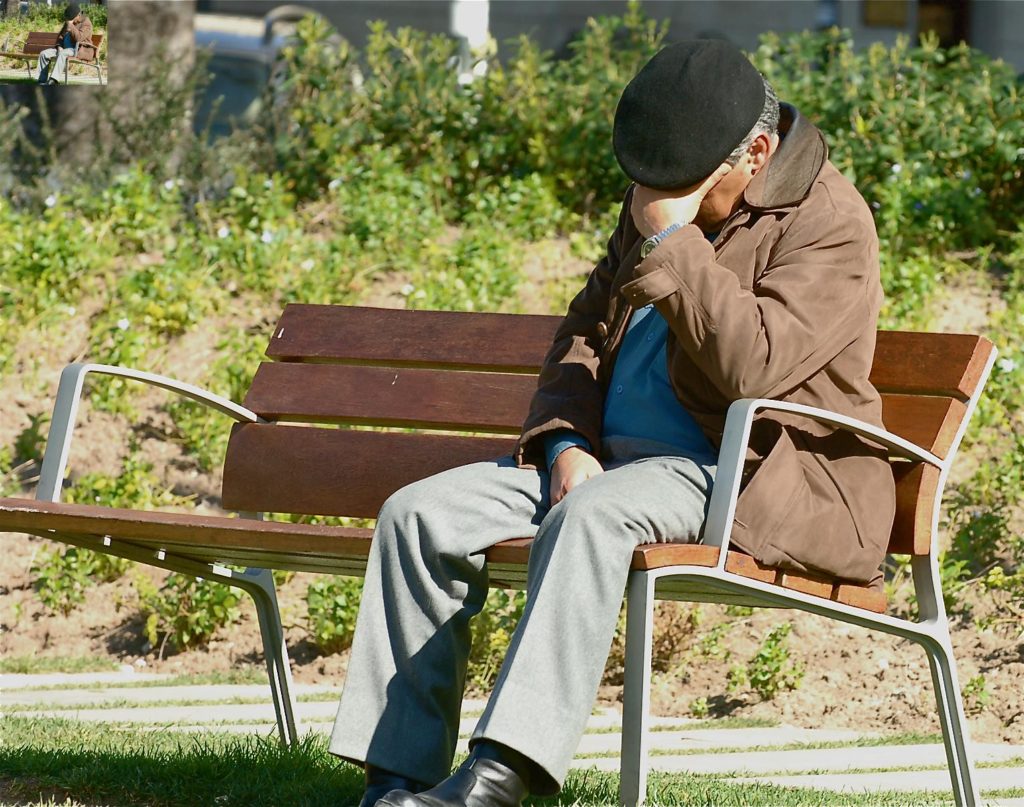We all want the best for our loved ones, especially our elderly relatives. It can be difficult to imagine, but unfortunately elder abuse is an all too common occurrence, and can take many forms, sometimes making it hard to spot.
By learning the common signs of elder abuse, you can take steps to be better prepared to keep your elderly loved ones safe. Symptoms of elder abuse can range from physical injuries, to changes in behavior, or unexplained financial transitions. If you are concerned that an elderly loved one is being abused, the team at Thistle Law can help you investigate and bring those responsible to justice.

What Are the Risk Factors for Elder Abuse?
Sadly, any older person can suffer from elder abuse. But some older adults are at greater risk of neglect or abuse than others. Risk factors for elder abuse include, but are not limited to:
- Gender: Women are more likely to suffer from elder abuse than men.
- Age: Adults over the age of 80 are at a higher risk of elder abuse.
- Health: Poor physical health, as well as mental health issues such as dementia put elders more at risk of abuse.
- Isolation: The National Institute on Aging (NIA) reports that about 28 percent of older adults, nearly 14 million people, live alone. Elders who live by themselves are at a higher risk of abuse according to the National Council on Aging (NCOA)
Top 5 Warning Signs of Abuse of the Elderly
The signs of elder abuse will vary depending on the type of abuse being perpetrated. Elder abuse can occur in a variety of ways, and many seniors may fall victim to more than one type of abuse.
The most common warning signs of elder abuse are:
- Sudden changes to a loved one’s mental health
- Sudden changes to their physical well-being
- Drastic changes to an elderly loved one’s finances
- Malnourishment, or poor hygiene
- Inappropriate relationship with a caregiver
Since elder abuse can occur in a variety of ways, it’s important to break these warning signs down by types of abuse.

Signs of Physical or Sexual Abuse of the Elderly
This may be the most obvious type of abuse to spot. Signs of physical or sexual abuse may include:
- Pressure marks or bedsores
- Broken bones
- Bruises
- Head injuries
- Unexplained STI’s (Sexually Transmitted Infections)
- Bruises or bleeding in the genitals
- Inappropriate relationships with a caregiver
Nursing home staff or caregivers may claim that something else has caused the injuries to the individual, or try to rationalize inappropriate relationships, so loved ones should always use their best judgment if they suspect injuries may be caused by abuse.
Signs of Emotional Abuse or Neglect of the Elderly
Emotional abuse can be just as damaging to a loved one’s health as physical abuse. This type of abuse can take the form of threats, intimidation, screaming, or instilling fear in an elderly person. The person being abused may isolate, withdraw, suffer from anxiety or depression, or be hesitant to talk to loved ones.
Neglect can also have devastating physical and emotional consequences for an elderly person. Bedsores, lack of basic hygiene, being given the wrong medications, not being given adequate food or water, or being left in bed for extended periods of time without supervision or in unclean bedding are all signs of neglect.
Signs of Financial Abuse of the Elderly
Financial abuse doesn’t affect the older person’s physical health directly, yet can leave the individual without the financial means to take care of themselves or afford basic health needs.
No matter what type of abuse is being committed, signs of elder abuse should be resolved immediately. To report suspected elder abuse, connect with your local Adult Protective Services agency. You can locate your state’s agency by calling the eldercare locator at 1-800-677-1116. Then, to receive a free review of your case, contact the experienced PA Nursing home abuse lawyers at Thistle Law. Our expert team can recommend medical or legal resources to protect your loved one and help your family receive justice for any abuse that has been committed. Fill out our online form or call us at 215-525-6824 to speak to someone today.

